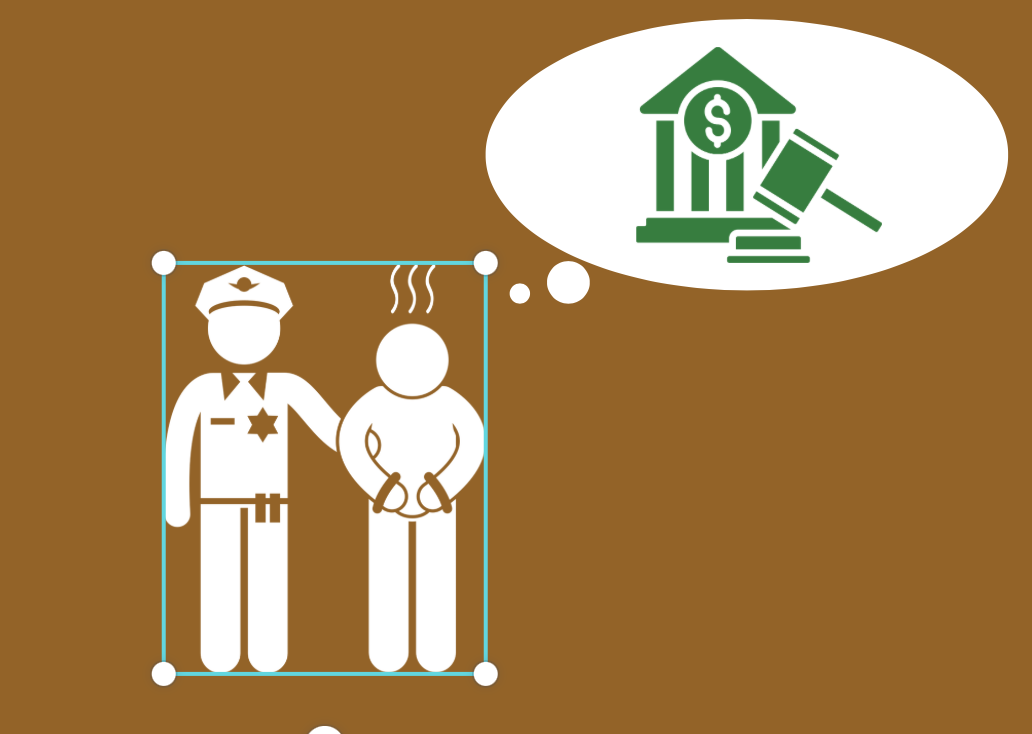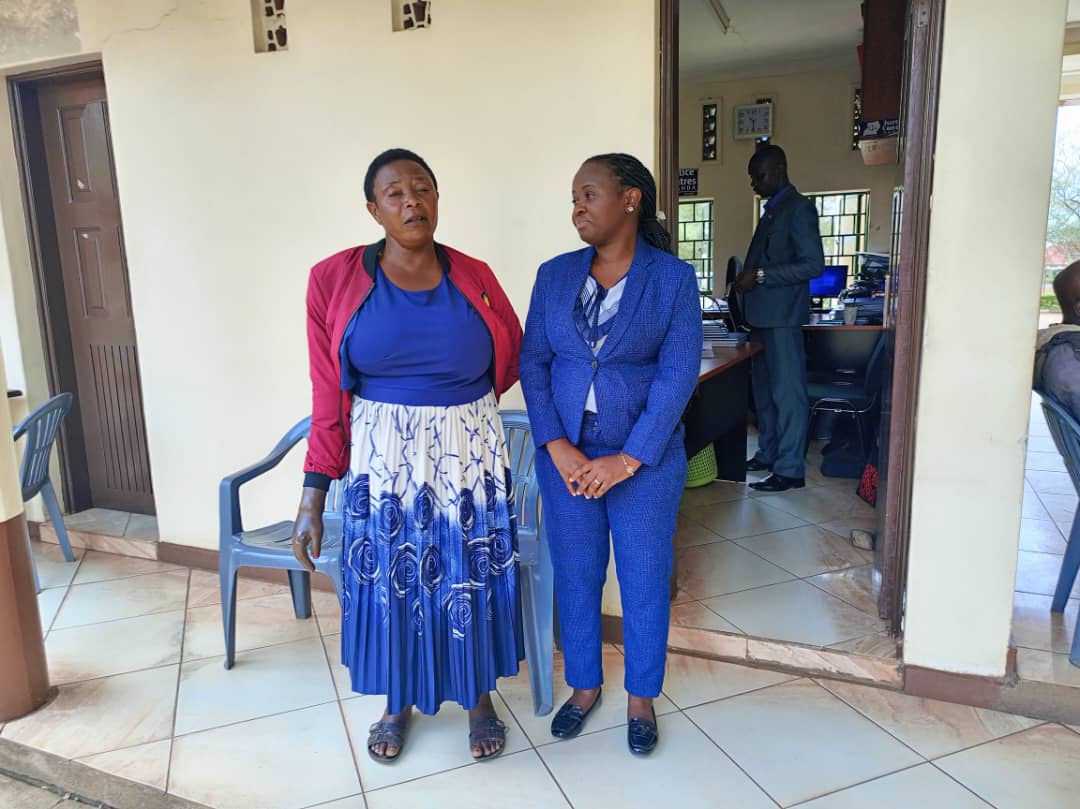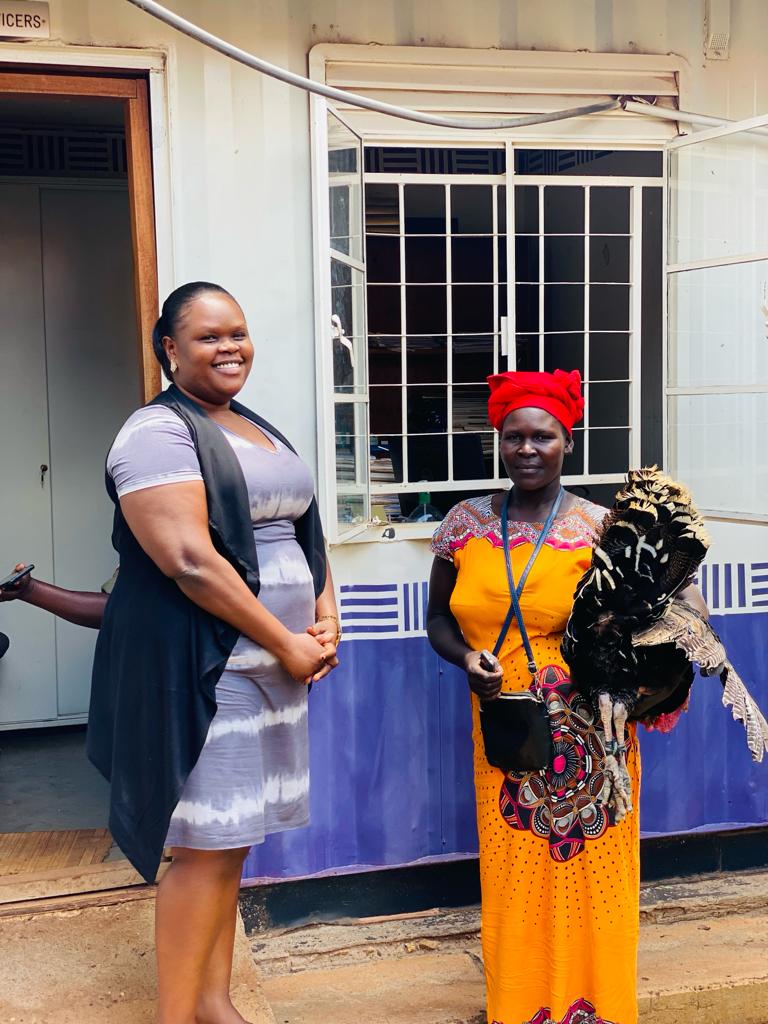Bail simply means Court giving the accused person permission to hear his/ her case while out of prison. It involves an agreement between the accused person and the Court where he/she promises to attend court on a date given to him by court and that in case he/ she defaults in appearing, there will be consequences.
There are two types of bail:
1. Cash bail
This is where the court only allows the accused person to attend court while coming from home after he/she has paid in the bank a specific amount of money.
2. Non-cash bail
This is where the accused pays the specific amount of money only when he/she fails to appear on a date that was indicated in the bail form.
During such a commitment, sureties are involved to further give assurance to Court that they will ensure that the accused person appears in Court and if he/ she fails they are to pay a particular amount of money.
Every accused person has a right to apply for bail at any stage of the trial before the sentence is passed.
When the accused person does not appear in court on the date agreed, his/ her bail lapses and he/ she is re-arrested and taken to prison.
BAIL IN HIGH COURT
If an accused person has been charged with a capital offence, bail can only be applied for in High Court and not in the Magistrates Court. This Application has to be in writing and can only be made with the help of a lawyer.
What are the considerations for Bail in High court is granted?
Under the law, for an application for bail to succeed in High court, the accused needs to prove the exceptional circumstances which include;
- Advanced Age of the accused person ( 50 years and above years)
- sickness of the accused which must be certified by a medical practitioner.
- or the accused must have a Certificate of no objection from the Director Public Prosecution.
In practice, however, once such exceptional circumstances do not exist then the Court may grant bail with very stringent conditions like high amounts of money to be paid in the bank before the accused is released, restriction in movement of the accused person by requiring them to deposit with Court the accused’s driving permit/ passport, among others.
Other additional considerations for grant of bail by High Court include;
- Gravity/ severity of the offence.
- Background and character of the accused person
- Whether the accused person has a permanent home where they reside
- Whether the applicant is likely to interfere with witnesses.
- Whether the accused person has substantial sureties within the area of Courts jurisdiction.
What is the process of applying for Bail in High Court?
- A formal Application for bail is prepared by a lawyer or the Accused person. (It takes the form of a Notice of Motion)
- An Affidavit accompanying the Application is sworn by the accused person and commissioned by a commissioner from prison.
- Fees for the Application are paid in the bank (UGX 1,800/= plus bank charges)
- The Application is filed in the High Court registry located in the area of jurisdiction where the accused person is charged.
- The Application is fixed for hearing.
- A copy of the Application is served on the office of the Directorate of Public Prosecutions (DPP).
- Once the application is filed, it is given a hearing date.
- A production warrant is then served on Uganda prisons requiring them to produce the accused person in Court on the date contained in the Application.
- On the date appointed by the Court, the complainant, accused and their advocates appear before the trial Judge.
- The sureties must be present on the date of the hearing, they will produce copies of their National ID and the Letter of introduction from the Local Council Chairperson confirming that they are residents of the area stipulated in the letter of introduc
- The sureties may be asked further questions to confirm the information contained in their documents.
- The Application will be heard by the trial Judge
- A ruling will be delivered stating whether the accused person has been granted bail or not.
NOTE: If the accused person is denied bail, the Court shall record its reasons. Where an accused person has been denied bail in High Court, he/ she can apply for the same in a higher court, in this case the Court of Appeal.
Difference between bail in High Court and bail in the Magistrate’s Court
- Bail in High Court is applied for in writing while in the Magistrates Court it is done orally.
- When applying for bail in High Court you have to prove the exceptional circumstances of advanced age or grave illness while in the Magistrates Court there is no need for that.
- Bail Application in High Court is heard before a judge while Bail in the Magistrates Court is heard before a Magistrate.
Role of Justice Centres Uganda in Bail Applications
- To help the accused person apply for bail in Court
- To coordinate with the sureties
- To represent the accused person in Court
Other Organizations Involved
- Legal Aid Project of the Uganda Law Society – legal representation
- District community service representatives
Lessons learnt:
- Capital offences are tried by the high Court and petty offences by lower courts (Magistrates Court)
- Capital offences take longer to be concluded (compared to petty offences)
- Pleading guilty to an offence may lead to reduction of the sentence
- Police bond is free.
- Bail in the High Court is applied for in writing while in the Magistrates court it is orally applied for.
Further Readings:
What happens when a family member/ friend has been arrested by the police?
What is Police Bond and who has the mandate to grant it?
What are capital offences and how are they handled?
What is the process of hearing the case of a person accused of a capital offence in the High Court?
What is the process of hearing a petty offender’s case in the Magistrate’s Court?
What happens when someone is arrested for committing a petty offence?
What is bail and what is it good for?
When and how to apply for Bail in a Magistrate’s Court?
What is plea bargain and what is it good for?
Sources of information
- The Constitution of the Republic of Uganda 1995
- The Trial on indictment Act Cap
- The Criminal Procedure Code Act Cap 116
- The Magistrates Court Act Cap 16
- The Magistrates Courts (Magisterial Areas) Instrument 2017
- The Judicature (Plea bargain) Rules 2016












2 Responses
Comments are closed.